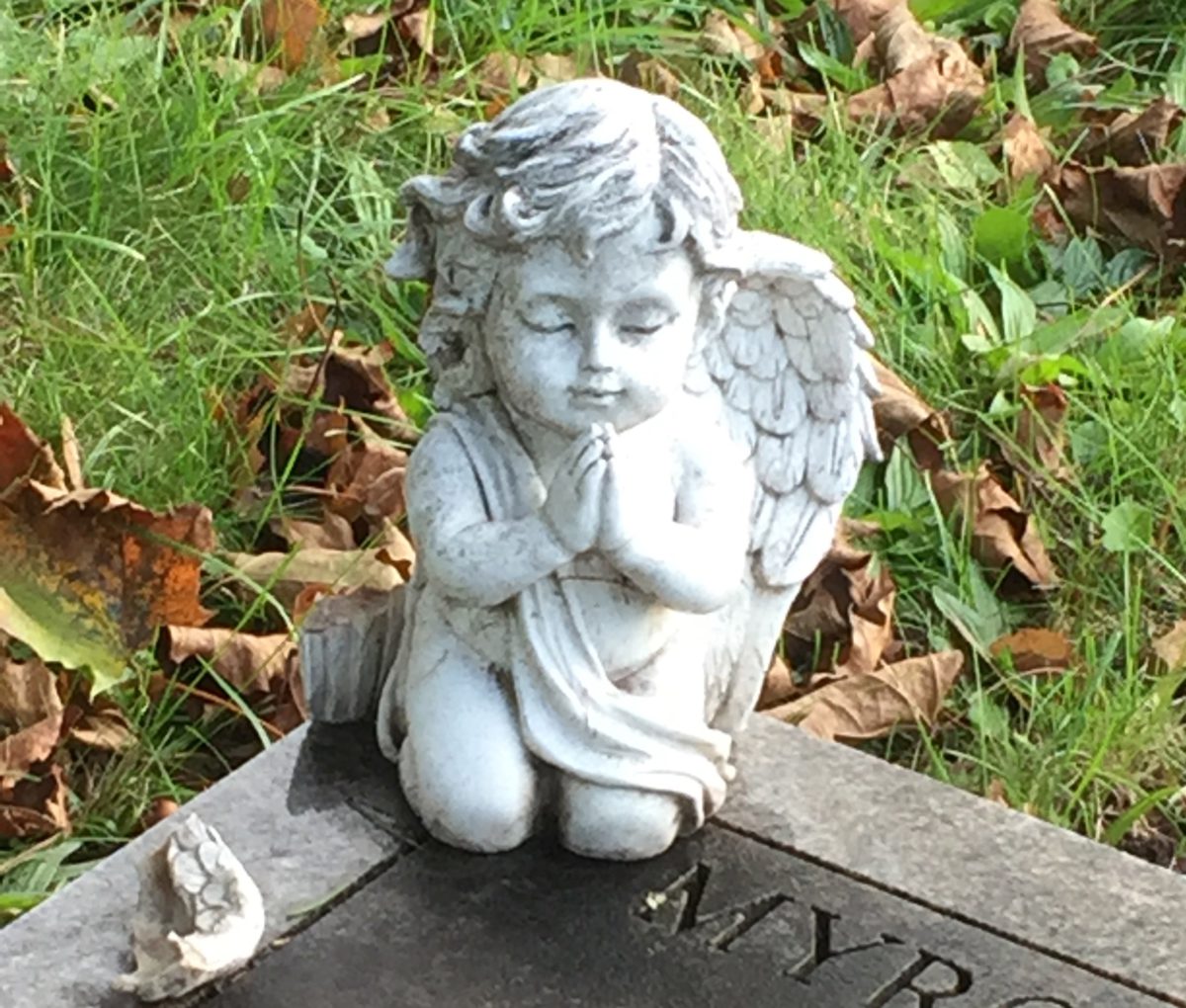“Mommy, where do stories come from?”
“Ask your Father, dear.”
Perhaps the most common question people ask writers is where do they get their ideas. It seems like no two authors use the same source. “Walk in a graveyard.” “From my own life.” “Going to art exhibits.” “Watch people and imagine their lives.” “Take long car rides.” “Listen to your family stories.” “Reimagine Greek and Norse mythology.” “Study the masters.” “Visit yard sales.” “Watch the news.” “Hang out in cafes, or bars.” “Watch movies.” “Get drunk.”
Those are just a sample of the answers.
My own opinion is that stories come from two places: Observation, and Imagination.
I like to walk a lot. I’m constantly trying new routes, but I also have a few favorites — Mount Hope Cemetery in Rochester, NY being at the top of that list. When I’m out walking I keep my eyes open for unusual sights, which I define as anything that happens to catch my eye. That’s the observation part. The activity, walking, isn’t important. Being aware of the world around you is.
When I spot something unusual I tend to ask questions about it: What is it? Where did it come from? What is it doing here? Why does it look like that? And so on.
Answering those questions is where the imagination comes in. I rarely know the real answer to my questions so I make something up. What is that plastic bag doing in that tree? It looks tied in place (it probably isn’t, but let me continue); why would someone tie a bag there? And how could they get up there to tie it, anyway? Did that person have wings?
That’s when I ask the most powerful question, the one that kicks off most stories:
What if…?
What if a fairy flew up and tied that bag to that branch as a warning flag to other fairies?
That one question starts a cascade of questions in my mind: What is the warning about? Who is being warned? Who are their enemies? What can they do about the threat? Who issued the warning? What happened to her? Is it even a ‘her’, or a ‘him’? Where does she live, or hide? And so on.
When you keep your eyes open and let your imagination loose, you’ll find yourself swimming in a sea of story ideas, so many that you won’t be able to finish one story before ten more appear, begging for attention. You will want to keep something with you at all times to capture those extra story ideas for you to work on later. I use a little voice recorder, but a pencil and a small notebook is the traditional sign of a writer. Use whatever works best for you and you’ll never be without story ideas.
As an exercise, while you’re sitting here write down ten observations and a “what if…” question for each one.
As a follow-up exercise, do this every day for a week.
At the end of the week you should have 70 story ideas to explore whenever you get stuck for something to write about.


